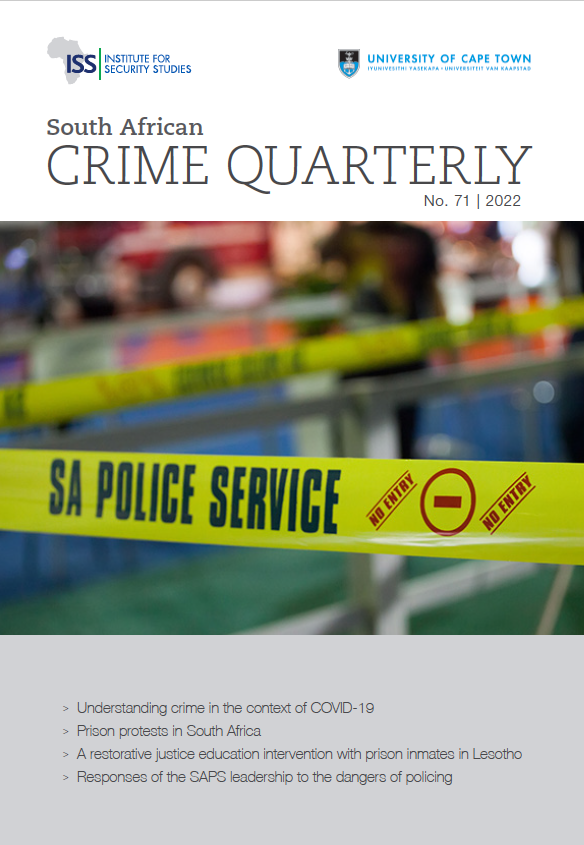Prison protests in South Africa: A conceptual exploration
DOI:
https://doi.org/10.17159/2413-3108/2022/i71a12709Abstract
This article explores the nature and causes of prisoner protests, looking at it first from a sociological perspective and second, a rights perspective. The fact that people end up in prison following due process does not mean that their imprisonment is not a contested arena in the sense that prisoners are generally aware of their rights, even when curtailed. Importantly, this curtailment has boundaries - prisoners do not lose all their rights and it seems that this particular issue is frequently the locus of tension, and sometimes conflict, between prisoners and prison administration. There is nothing in South African law prohibiting prisoners from protesting as recognised by s 17 of the Bill of Rights. However, prisoners, with reference to the right to free speech and the right to peaceful demonstration, find themselves in a situation where they can claim these rights, but the enabling legislation is not only lacking, but there are strong indications that the operational procedures prevent them from exercising these rights.
Downloads
Downloads
Published
Issue
Section
License
Copyright (c) 2022 Author and University of Cape Town

This work is licensed under a Creative Commons Attribution 4.0 International License.
SACQ is licenced under a creative commons licence (CC BY) that allows others to distribute, remix, tweak, and build upon your work, even commercially, as long a they give appropriate credit, provide a link to the license, and indicate if changes were made. They may do so in any reasonable manner, but not in any way that suggests the licensor endorses you or your use.
Copyright for articles published is vested equally between the author/s, the Institute for Security Studies and the Centre of Criminology (UCT).




.png)